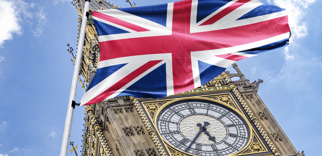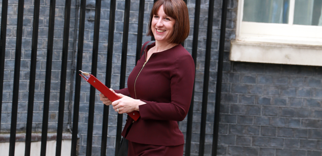- About us
-
Services
- Umbrella
- Payroll
- Accountancy and Tax
- Self-employed
- Other Support
- Screening Solutions
- Recruiter
- Help & News
- Contact
-
- 0161 923 0201













